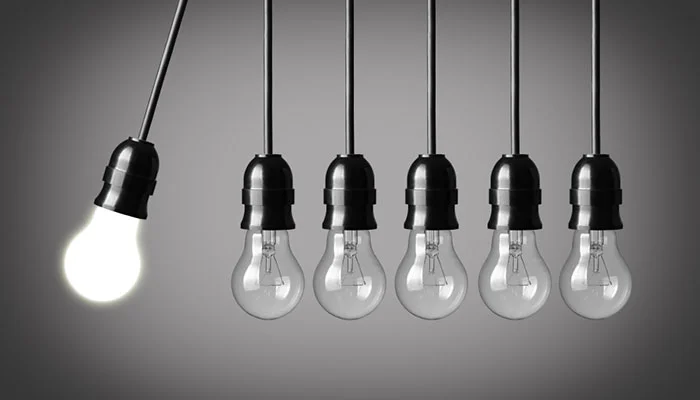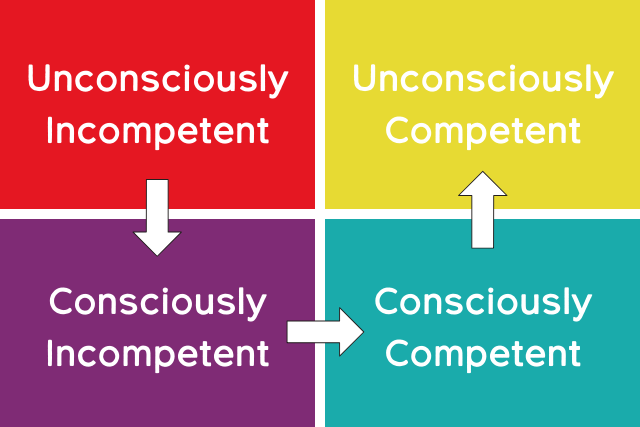Impact is all about results. And results start with clearly written, actionable goals that help leaders build alignment and amplify output.
Goal-setting is a critical component of any growth process, personal or professional. There are many benefits of setting goals, including…
Clarity and Focus. Goals motivate us to cut through the weeds and get focused on what’s really important.
Planning. Goals help us map out the necessary steps to achieve our desired result.
Accountability. Goals force us to set and meet deadlines and be accountable to others.
Transparency. When shared, goals help others understand what we’re focused on.
Self-esteem. Goals raise our self-confidence as we see ourselves grow and progress.








